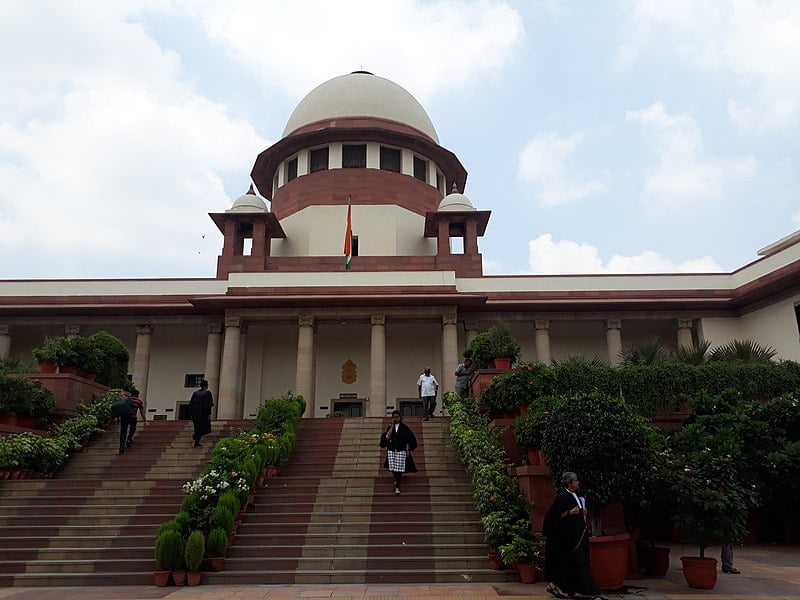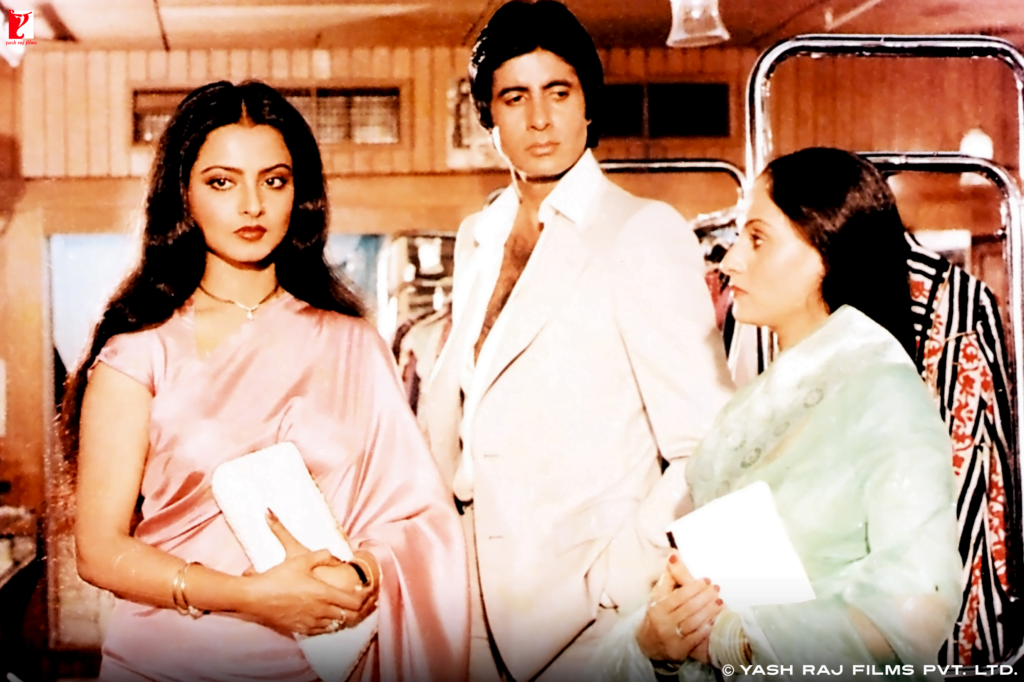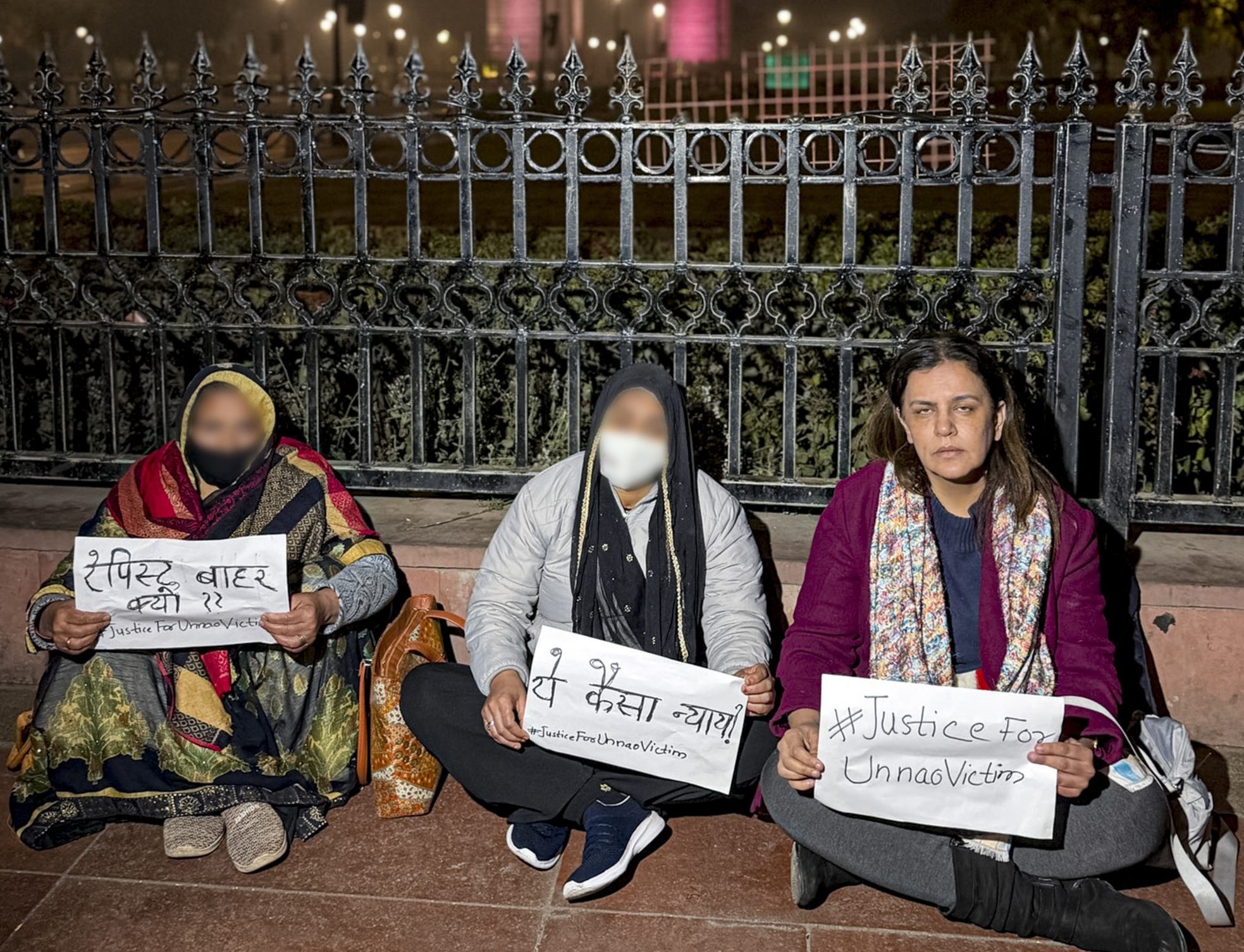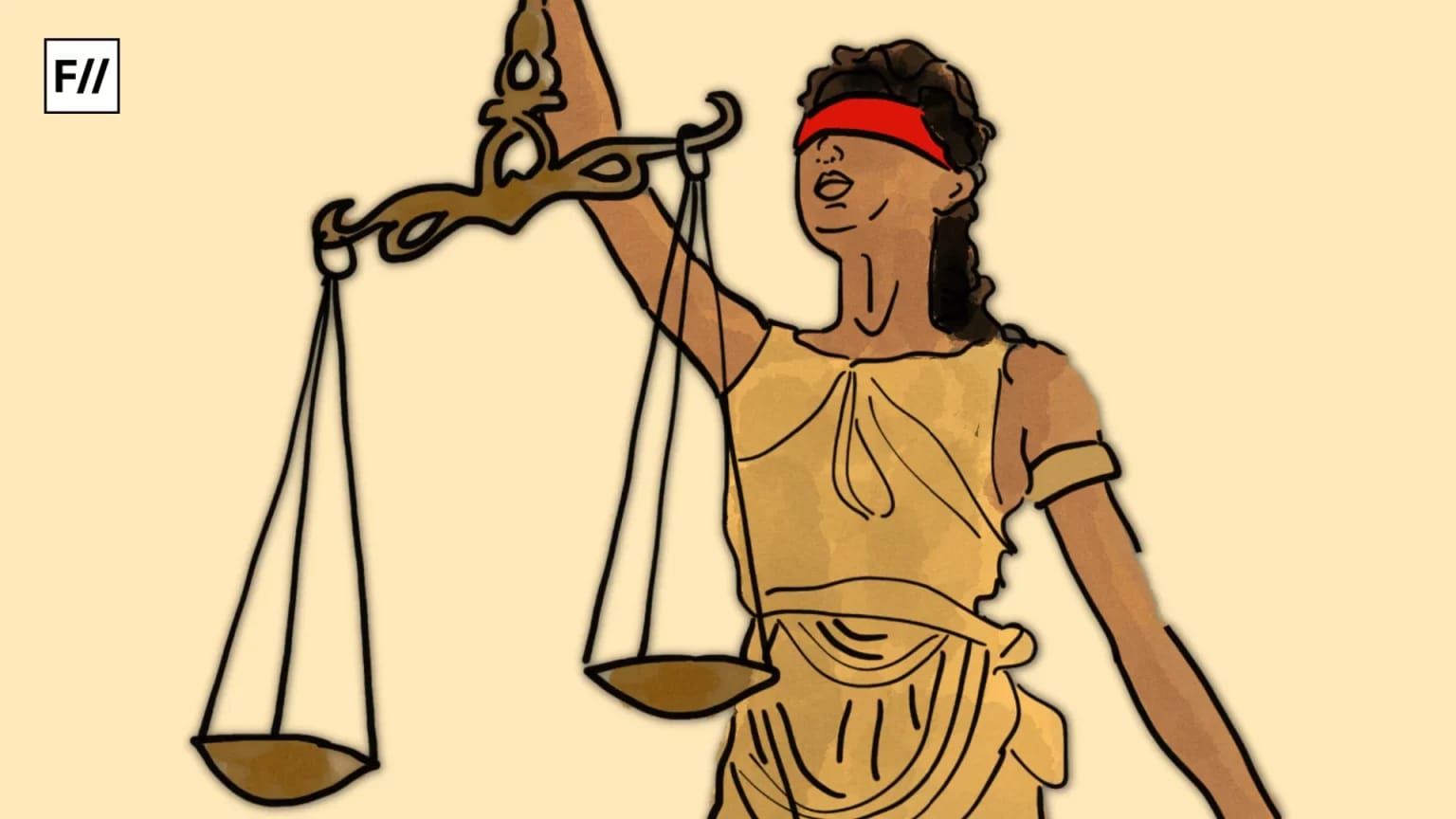Section 497 of the Indian Penal Code as enacted in the year 1860 was the infamous Adultery Law as laid down by the then British colonial administration. Even after independence, the Government of India stuck by the law because it was believed that it would protect the ‘sanctity’ of marriage from immoral activities. Now before delving in as to why the Law, in a historic decision by the Supreme Court in 2018, was finally struck down, what is required to be known is what exactly the Law stated.
Section 497 of Indian Penal Code and its inherent problems:
The Law stated – “Adultery—Whoever has sexual intercourse with a person who is and whom he knows or has reason to believe to be the wife of another man, without the consent or connivance of that man, such sexual intercourse not amounting to the offence of rape, is guilty of the offence of adultery and shall be punished with imprisonment of either description for a term which may extend to five years, or with fine, or with both. In such case the wife shall not be punishable as an abettor.” This Law has faced, and rightfully so, many criticisms over the years.

Many have claimed, and been extremely vocal about the fact, that the Government of India is intentionally indulging in discrimination made on the basis of gender through the Law because why else would women not be punished equally for committing adultery? The Law, apart from seeming extremely unfair on grounds of ethics and gender parity, works on another insidious layer – indirectly it claims that a woman is her husband’s property and the offence of adultery is committed against a married man by another man. This naturally implies that a woman’s intention or consent is of no significance and she is nothing but a chattel between two men.
Also Read: Is Raising The Legal Age To Marry Saving Indian Women?
Moreover, this law also did not allow for women in marriages to lodge complaints against their husbands for adulterous relationships since only men can supposedly face a grievance regarding such matters and that in turn has emboldened many to misuse the Law for harming reputations or other personal causes. This colonial era was immensely misogynistic and did nothing except upheld hetero-normative and patriarchal beliefs on women and marriage.

Petitions against the Law:
Around the mid 20th century, many started challenging the flawed Adultery Law. In one of these initial cases, a woman had wanted to punish the woman her husband was having an affair with but since the Law prevents that, she had openly challenged it. But the Court had paid no heed to her claiming that it was a misguided instance of women bringing down other women out and spite and that does not call for a ban on the Law that has been at work for so many years already.
Also Read: The Unwritten Marriage Contract And A List Of Blanket Consents

In 1985 the case of Smt. Sowmithri Vishnu vs Union Of India & Anr was put under the lens of the Supreme Court of India on the 27th of May. In that case, the petitioner, Smt. Sowmithri Vishnu had been accused of adultery by her husband during divorce. To quash such complaints she had challenged Section 497 on certain grounds – “(1) that s. 497 of the Penal Code is violative of Art.14 of the Constitution because, by making an irrational classification between men and women, it unjustifiably denies to women the right which is given to men This argument rests on the following three grounds- (i) Section 497 confers upon the husband the right to prosecute the adulterer but, it does not confer any right upon the wife to prosecute the woman with whom her husband has committed adultery; (ii) Section 497 does not confer any right on the wife to prosecute the husband who has committed adultery with another woman; and, (iii) Section 497 does not take in cases where the husband has sexual relations with an unmarried women, with the result that husbands have, as it were, a free licence under the law to have extramarital relationship with unmarried women; and (2) That the right to life includes the right to reputation and therefore if the outcome of a trial is likely to affect the reputation of a person adversely, he or she ought to be entitled appear and to be heard in that trial and since s. 497 does not contain a provision that she must be impleaded as a necessary party to the prosecution or that she would be entitled to be heard, the section is bad as violating Art. 21 of the Constitution.”

The Supreme Court had dismissed this above mentioned petition entirely stating “The law, as it is, does not offend Art. 14 or 15 of the Constitution. The offence of adultery by its very definition, can be committed by a man and not by a woman” and so no petition can be made as the woman will not be punished.” Despite valid points, the petition was not accepted and the fact that women in society are shamed for such transgressions and one rumour can ruin a woman’s reputation forever was completely overlooked. Many other cases where this question came up over the validity of the Law were as quickly dismissed.

One of the major reasons for this was the disapproval of the major political parties. To them, ” ‘diluting adultery laws will impact the sanctity of marriages. Making adultery legal will hurt marriage bonds,’ a government counsel told the court, adding that ‘Indian ethos gives paramount importance to the institution and sanctity of marriage’ “. These are nothing but excuses which serve as propagators of the subjugation of women under patriarchal concepts of family and marriage.
The Case that led to the change:
Joseph Shine vs Union Of India 27th September 2018. Joseph Shine is a 41 year old businessman who lived in Italy. To him, “married women are not a special case for the purpose of prosecution for adultery. They are not in any way situated differently than men”. His petition also stated that the law “indirectly discriminates against women by holding an erroneous presumption that women are the property of men“. He wrote a long petition quoting many famous activists of different time periods to make a convincing case. This case finally led the judges of the Supreme Court of India to strike off the Adultery Law. Although facing a lot of dissent and backlash from the BJP Government for doing so, the Court conceded that “the adultery law is arbitrary, and it offends the dignity of a woman.”

The five-judge bench also said the law gives a husband license “to use the woman as chattel…archaic law…long outlived its purpose and does not square with constitutional morality“. This historic judgement meant that adultery finally is no longer considered a criminal offence punishable by law. While it can be used constitutionally on grounds for divorce, adultery no longer means jail time for anyone.
Such vital verdicts by the Supreme Court of India over the years, like the decriminalization of gay sex, have been historic in the progress of the country and paints a picture of gender-equal future and inclusive society. However, we have a long way to go.
About the author(s)
Sayeri Biswas recently graduated with a bachelor’s degree in English from St. Xavier’s College, Kolkata. Whether it’s philosophically
contemplating life or gushing about the most recent book/series she has indulged in, she is always up for a deep conversation. Literature is the great love of her life, and in the future, she hopes to continue talking about all art forms as passionately as she thinks
about them.




